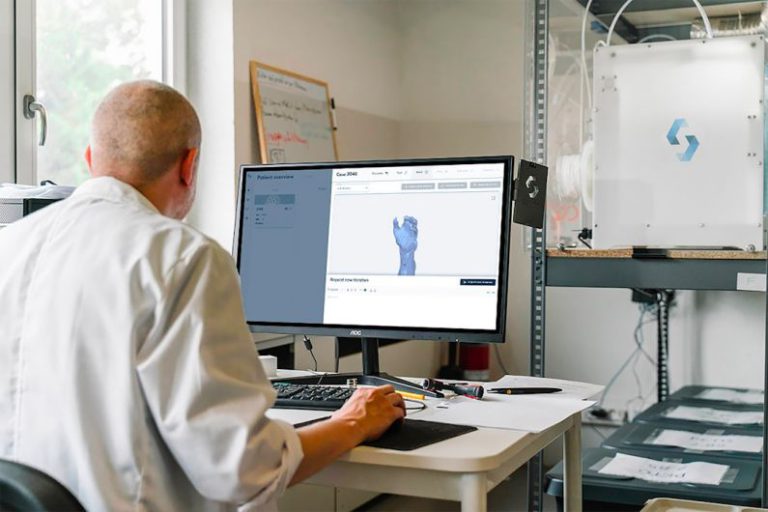Music Production Pc Build: a Guide for Audiophiles
For audiophiles who are passionate about music production, having a well-equipped PC build is essential to ensure high-quality sound production. While there are various options available in the market, building a custom music production PC tailored to your specific needs can significantly enhance your music creation process. In this guide, we will explore the key components and considerations for building a music production PC that meets the demands of audiophiles.
Choosing the Right Processor and RAM
The processor is the heart of any computer system, and for music production, a multi-core processor with high clock speeds is ideal. Look for processors from Intel’s Core i7 or i9 series or AMD’s Ryzen 7 or 9 series, as they offer excellent performance for audio processing tasks. Additionally, a minimum of 16GB of RAM is recommended for smooth multitasking and handling large audio files. Consider opting for higher RAM capacities if you work with complex projects or use memory-intensive plugins.
Selecting the Right Storage Solution
When it comes to storage, a solid-state drive (SSD) is a must-have for music production PCs. SSDs offer faster read and write speeds compared to traditional hard disk drives (HDDs), resulting in quicker loading times for software and projects. Consider investing in a large capacity SSD for your operating system, software, and project files, and use an additional HDD for storing sample libraries and backup files.
Graphics Card and Display
While a high-end graphics card is not essential for music production, a decent GPU can help in handling graphic-intensive plugins and software interfaces more smoothly. Opt for a mid-range graphics card from NVIDIA or AMD to ensure a lag-free experience when working on your projects. When it comes to displays, choose a monitor with good color accuracy and resolution to accurately visualize your audio editing software and project details.
Motherboard and Connectivity
Selecting the right motherboard is crucial as it determines the compatibility and expandability of your music production PC. Look for motherboards with ample USB ports, PCIe slots, and support for high-speed RAM modules. Additionally, consider a motherboard with built-in Wi-Fi and Bluetooth capabilities for seamless connectivity with other devices and peripherals. Ensure that the motherboard supports the processor and RAM you have chosen for your build.
Cooling and Power Supply
Efficient cooling is essential to keep your music production PC running smoothly during long recording or mixing sessions. Invest in a high-quality CPU cooler to maintain optimal temperatures and prevent thermal throttling. Additionally, choose a reliable power supply unit (PSU) with sufficient wattage to support all your components and allow for future upgrades. A modular PSU can help in managing cables and maintaining a clean build.
Choosing the Right Audio Interface
An audio interface is a crucial component for audiophiles engaged in music production. It serves as the bridge between your PC and external audio devices such as microphones, instruments, and studio monitors. Select an audio interface with low latency, high-quality preamps, and sufficient input and output options to cater to your recording and playback needs. Focus on audio interfaces from reputable brands known for their audio quality and driver support.
Optimizing Software and Drivers
Once you have assembled your music production PC, ensure that you optimize your software and drivers for audio production. Install a digital audio workstation (DAW) of your choice and configure it to work seamlessly with your hardware setup. Keep your audio drivers updated to prevent compatibility issues and ensure smooth operation of your audio interface and plugins. Consider tweaking buffer sizes and sample rates in your DAW settings to achieve low latency and high-quality audio playback.
Fine-tuning and Testing Your Build
After assembling your music production PC, take the time to fine-tune and test its performance. Ensure that all components are properly installed and functioning correctly. Run stress tests and benchmarking tools to evaluate the stability and performance of your system under heavy workloads. Adjust settings in your DAW and audio interface to optimize latency and audio quality. Experiment with different plugins and effects to test the capabilities of your music production PC.
In conclusion,
Building a music production PC tailored to the needs of audiophiles requires careful consideration of components and optimizations. By selecting the right processor, RAM, storage, graphics card, and audio interface, you can create a powerful system that enhances your music creation process. Remember to optimize software and drivers, fine-tune your build, and test its performance to ensure smooth operation and high-quality sound production. With the right components and setup, your custom music production PC can elevate your music production experience to new heights.






